The best new albums this week
The critics’ choice of LPs from this week’s offerings
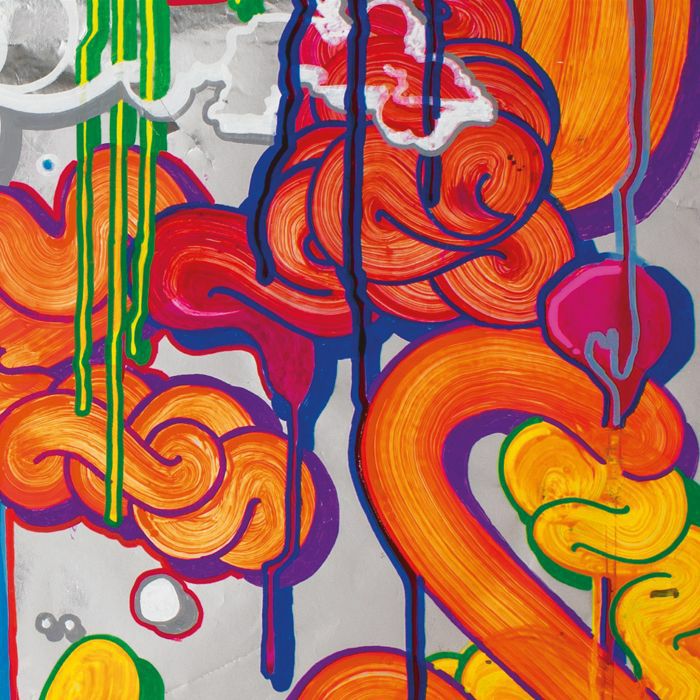
ALBUM OF THE WEEK
Jean-Louis Huhta – Wormhole Of Time (Organic Analogue)
Who knows how many untapped techno archives are still out there from the heady days of the 90s? After so many years of enthusiastic mining there can’t be many intact DATs and cassettes left to check, but then the broad spectrum of techno culture reaches far and wide and artists like Jean-Louis Huhta can fly under the radar with their present day work, let alone stuff they recorded 30 years ago. These days you’re most likely to find Huhta recording as Dungeon Acid, releasing all kinds of modular freakery on iDEAL and others, but his is a winding, complex journey through underground music that touches on punk rock and the avant garde, go go and electro as much as techno and acid.
Organic Analogue have done these kinds of archival digs in the past, working with DJ Guy for the Structures & Rhythms ’94-’99 release, although they stop short of being a wholly reissue label. Huhta’s various aliases clearly strike a chord though, as they dive into the heart of his work through the 90s when he was enmeshed in the Swedish techno scene alongside the likes of Cari Lekebusch and Jesper Dahlback, not to mention his one-time studio sparring partner, Simon J. Hartley aka Wild Planet. Housed in a blindingly bright sleeve featuring the work of cult Swedish graffiti artist Nug, Wormhole Of Time is a compilation which deals in unreleased studio explorations along with a select few reissued tracks that show just how much heat Huhta was putting out in the early days of his club music explorations.
Indeed it’s the club element of Huhta’s music which shines through at a time when techno tends to either be a fractured abstraction or a blunt instrument. Everything feels like a rhythmic device, whether it’s a drum machine hit or a rippling synth. On ‘PROJECTION’ the double-time acidic bass synth is arguably more central to the thrust of the track than the kick, while the resonant chord lines are cut at acute angles to define the inherent funk of the track.
It’s worth reflecting on this idea of funk in the music too, because of course the rigidity of grid-sequenced electronic music has always been a matter for debate, and the innate funkiness of Detroit techno in its infancy didn’t always translate in Europe. Sometimes the over-bearing history of synth-pop and industrial won out, but Huhta’s music moves with the same instinctive groove you might expect from a Juan Atkins joint or a Kenny Larkin classic. As well as his history as a percussionist in punk and post-punk bands and a tenure Stonefunkers, Huhta talks about his Trinidadian roots as an influence throughout his many musical endeavours, and it shows in his approach to machine music.
Therein lies the magic embedded in this collection, which may well enlighten a lot of people to Huhta’s work. It has the same flair as some of the finest techno to spill out of the 90s, while still holding true to the rhythmic structures of the genre in its infancy. Testing the theory of great music being timeless, these genre pieces sound dazzlingly fresh however many decades later. ‘Theme From The Surreal Estate’ sounds like electro jettisoned from the airlock and intercepted by solar flares, ‘Zoat Zingo’ surges and throbs through misty gas clouds and ‘The Art Of Peace’ bumps and wriggles across galaxies with a heavy flanging cargo that sounds like it could come uncoupled at any minute. It’s techno as stargazing party music, imagining the unimaginable while never forsaking the urgency of the dance.
OW
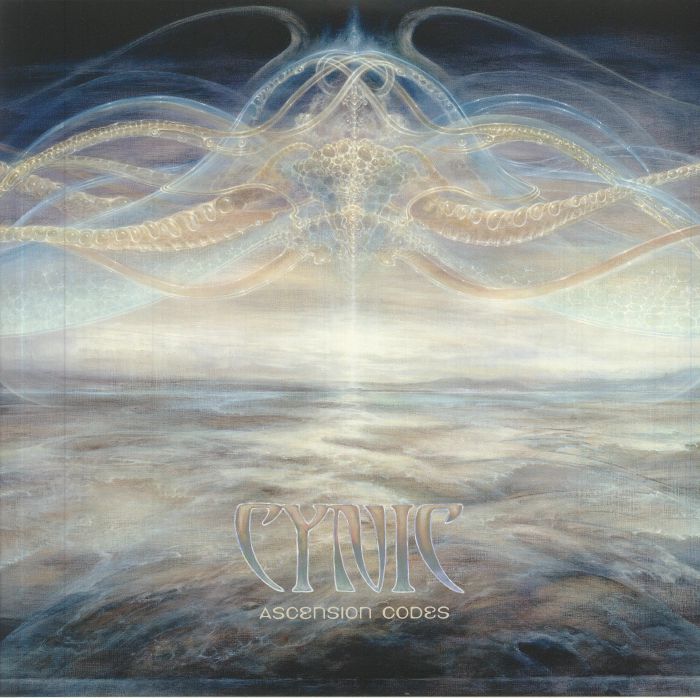
Cynic – Ascension Codes (Season of Mist)
The return of renowned prog-metal project Cynic has been a tumultuous journey marred by excessive grief.
The brainchild of Paul Masvidal and Sean Reinert (former members of metal iconoclasts Death), their 1993 debut, ‘Focus’, signalled an entirely new era of progressive, delicately weaved death metal with a far more introspective lyrical approach than the gory horror of their peers.
While the band would go into a state of dormancy for over a decade, the pair would continue to work together on Aeon Spoke, exploring the more nuanced, melodic aspects of their art.
When Cynic was finally revived in 2006 with their long awaited second full-length ‘Traced In Air’ arriving two years later, a collective sigh of relief swept through the metal community. A hefty majority of modern acts owe plenty to the prog pioneers, who were welcomed back with open arms.
Sadly, since the release of 2014’s ‘Kindly Bent To Set Us Free’, both Reinert and long-time bassist Sean Malone, passed away within a year of one another, leaving Masvidal as the sole original member. When considering the passing of Chuck Schuldiner of Death, which ultimately led to the inception of Cynic, it’s difficult to ignore the toll taken on the songwriter.
‘Ascension Codes’ is the channelling of that grief into a cosmic, blissful opus of sanguine symmetry. Composed of multiple interludes (or codes) that section off the full tracks, the work teems with such ethereal hues, exuding hopeful warmth.
While no stranger to vocoder-layered vocals, Masvidal has rarely been this buried under the watery, hallucinogenic effects. It makes for hypnotic listening, like a voice of assurance and peace whispering through the ether, consoling in its mystery.
From the predominately instrumental ‘The Wicked Ones’, a sonic journey of self-discovery and acceptance of the unpredictability of the universe ensues. ‘6th Dimensional Archetype’ is transfixing in its ambient, technical composition, while the evocative beauty of ‘In A Multiverse Where Atoms Sing’ offers transcendental escape with its other-worldly sonics, enveloping all in alien positivity.
‘Ascension Codes’ is the sound of Cynic, or Masvidal himself, vying for tranquillity, questing for peace, and simply desiring to make some bit of sense out of deep loss. Metal albums rarely come with so profound a message, or a sincerity in meaning.
ZB
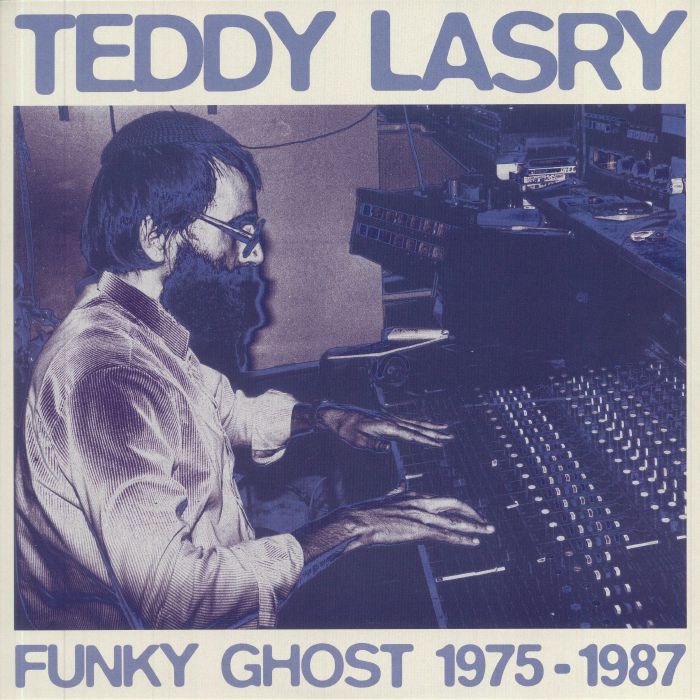
Teddy Lasry – Funky Ghost (Hot Mule)
French re-issue specialists Hot Mule have done impressive work in shining light on lesser-known musical gems from disparate global scenes since they began releasing back in 2018. Esoteric – and often ultra-rare – pearls have arrived from N’draman Blintch, Heerlens Percussie Ensemble, and Jose Carlos Schwarz among others, and each title arrives lovingly packaged and complete with well-researched liner notes for diggers hungry for the inside story.
Their latest offering is a carefully assembled collection of synth-heavy explorations from French multi-instrumentalist, Teddy Lasry. The wildly talented artist’s boldly experimental approach to music was helped in no small part by the fact that his parents, Jacques and Yvonne Lasry, were themselves accomplished players. Jacques worked the Parisian cabaret circuit – rubbing shoulders with the likes of Serge Gainsbourg and Charlie Chaplin – before both he and Yvonne went on to become members of avant-garde experimental group, Les Structures Sonores.
Armed with the musical fascination and desire to experiment instilled in him by his parents, Lasry’s creative path seems to have been predestined. He was a member of groundbreaking prog outfit, Magma, with whom he recorded three innovative albums, and – coinciding with the gradual loss of his sight in the mid-’70s – went on to embark upon his solo recording career. The collection presented here is comprised of works recorded between 1975 and 1987, and each composition included is eminently worthy of close attention. From the blissfully evocative meditations of ‘Raising Sun In Bali’ to the hypnotic mallet strikes of ‘Birds Of Space’, the album is compelling throughout, revealing hidden secrets with each listen. Among the most immediate of the titles are the heavy funk flex and jazz flute solos of ‘Los Angeles’, the rolling swagger and cosmic charm of ‘Krazy Kat’, and the faintly spooky but altogether jaunty atmospherics of the compilation’s title track. Elsewhere, the prog-leaning virtuosity of ‘Chamonix’ leaves an indelible mark, while the unabated jazz flute of Blue Theme’ provides yet another triumph. Last but not least, the cinematic scope of ‘Back To Amazonia’ glides like a Golden Eagle, as emotive pads and sparse percussion evoke images of morning mist rising over virgin rainforest.
PC
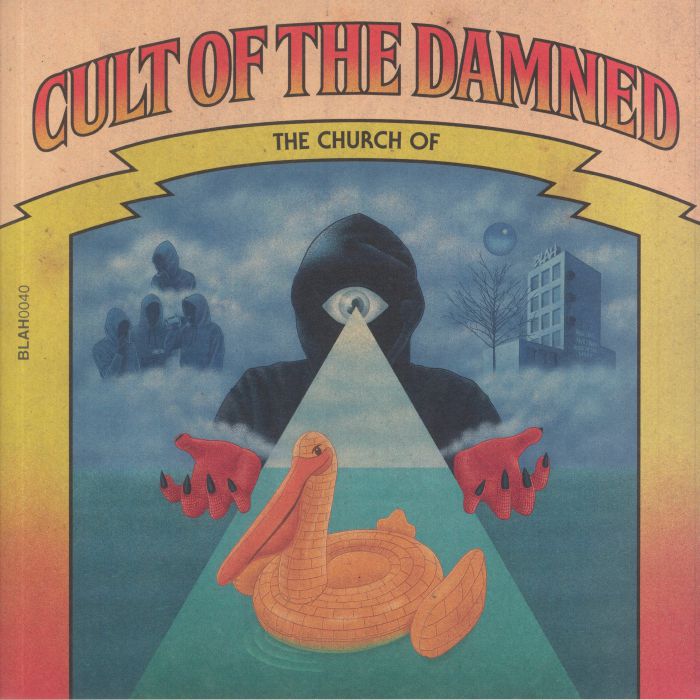
Cult Of The Damned – The Church Of… (Blah)
‘The Church Of’ the Cult Of The Damned has bolstered strong sermons from its inner core of high priests for many a year, with the likes of Milkavelli, Black Josh, Sniff, Stinkin Slumrock and Bill Shakes (to name just a few) all performing at the top of their game, under the watchful guidance of executive producer, leader and razor-witted visionary, Lee Scott.
2018’s ‘Part Deux: Brick Pelican Posse Crew Gang Syndicate’ project sported some of the most enthralling, clever, and potent boom-bap bangers the collective had ever preached, with ‘Civilised’ and ‘Nicole’ garnering much acclaim, while last year’s ‘Offie’ single marked a welcome return.
For the devout and newly converted alike, ‘The Church Of’ serves as the perfect introduction for potential cult inductees with its dynamic blend of banging shithead-edry found on standout cuts like ‘Internal Error’ or ‘Gung Foo’.
Most alarming to the cult regulars, however, are the sporadic moments of genuine vulnerability and sincerity peppered amongst the tracklist. ‘Rotation’ lilts along its piano-led production, offering a somewhat sombre, introspective respite to the ludicrous bravado the cult have made an art out of espousing. The cloudy ‘Step’ is another dream-like vibe featuring an appearance from Canadian Blah Records outlier Danny Lover, while the lush ‘Castles’ weaves ambient-jazz with boom-bap dexterity.
It seems with each subsequent release, the crew become far more fluid, their ceaseless chemistry consistently strengthened by genuine camaraderie and friendship. Not only is ‘The Church Of’ some of the best work from each individual involved, but it’s also arguably the finest hour from the collective thus far, and potentially the best homegrown hip-hop release you’re sure to encounter in 2021.
Welcome to the cult.
ZB
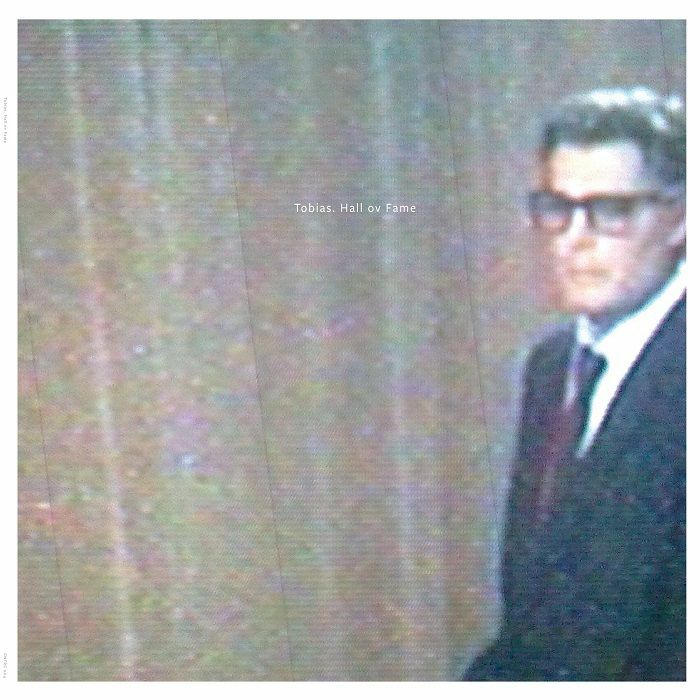
Tobias – Hall ov Fame (Concentric)
Depending on when you first caught wind of Tobias Freund, you might well associate him with many different kinds of electronic music. Some might think of him as a 90s electro-pop oddball alongside Dandy Jack in Sieg Über Die Sonne, while others might consider him a lynchpin of the Ostgut-Ton techno empire. Further back he was manipulating minimal wave and industrial as a teenager in Frankfurt, and more recently he’s been exploring experimental pastures with Max Loderbauer amongst others.
For all his meandering through different pockets of interest though, Freund’s sound has always felt consistent. His latest solo album under the Tobias. banner (previously used for techno-oriented albums and EPs) is billed as his first solo ambient release, but it doesn’t feel aesthetically distanced from his 80s industrial-inspired work as Pink Elln (handily archived on retrospective release The Beginning). Of course there are much higher production values at work, not least given Freund’s role as a go-to mix engineer, producer and all-round studio sage. But the spirit is very much entrenched in analogue synth impulses and steely, effects-drenched textures triggered with an expressive touch.
At times the minimalism allows you to truly absorb every minute detail, such as on the captivating closer ‘Hinterland’ which revolves around a single galloping arpeggio and distant clangs. On ‘Silhouettes’ the frequency range feels more claustrophobic, creating a sensorial impression which reveals different ingredients on different occasions. Crucially, for all the foreboding moods Freund conjures on Hall ov Fame, he maintains his instinct for the playful as well. This isn’t self-serious ambient, no matter how advanced the production can be at times. Listen to the looped up wail of disembodied opera singers snuck into the end of ‘Abandoned’ or the narrator speaking through fuzz and distortion on ‘Reset Button’ and you’ll hear Freund’s sense of humour peeking through the fog of hard boiled mysticism and goth-tinged noise.
OW

Ryuichi Sakamoto – Esperanto (Wewantsounds):
After a feature-length film portraying his life in the present day, CODA, Ryuichi Sakamoto’s discography is slowly and surely being looked back upon fondly. The latest in a slew of releases to document the YMO pioneer’s twilight years, this week sees yet another reissue of his 1985 album ‘Esperanto’.
Originally, this soundscape-centric LP was recorded to accompany a dance piece by Molissa Fenley, a prolific American choreographer whose work spans the experimental, the slow and the strange. But Sakamoto being Sakamoto, ‘Esperanto’ is just as much its own beast as it is part of a performative ecosystem. With contributions by prolific Japanese percussionist Yas-Kaz and experimental guitarist-composer Arto Lindsay, this record pits resampled and looped bursts guitar and synth against what liner notes-penner Andy Beta creatively calls “tropical soundscapes”. Despite already being given the reissue treatment last year, it makes sense to revisit the album once again, as ‘tropical’ new age music seems to have made a resurgence this year – hell, this week, even. From the prog-jazz montage vibes of ‘Adelic Penguins’ to the lapping chordal shanty that is ‘Dolphins’, we can also easily hear this album’s influence on present day cut-up techno artists like Foodman or Georgia. Ambient pop-via-cosmic-prog heads, don’t rest on this one.
JIJ
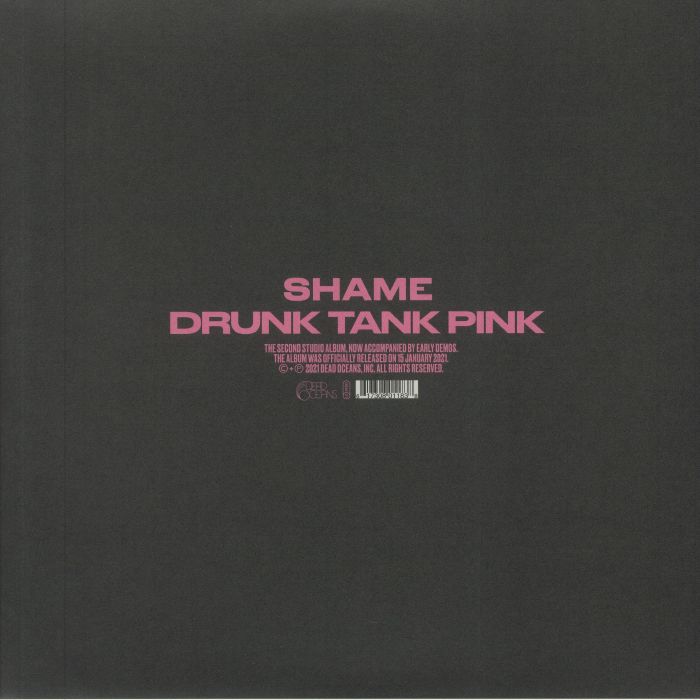
Shame – Drunk Tank Pink (deluxe version) (Dead Oceans)
For those that somehow missed the hype train that left the station back in January, post-punk darlings Shame have had quite the 2021 since dropping their anti-sophomore effort, ‘Drunk Tank Pink’.
Literally the second ever Juno Daily Album of the Week, the hard left turn into the cryptic, abstract, emotionally fragile and utterly obtuse, made for one of the most dynamic listens of the year, and set a strong precedent early on for the myriad of exceptional releases to come from the Windmill, Brixton scene (and the UK at large) over the past eleven months.
Now, the group have unveiled a deluxe gatefold edition, complete with a bonus LP consisting of demo versions of the entire album. Behind the subtlety and nuance of the record’s distinct, frosty production, these early insights offer a chance to peer at the skeleton of these cuts, examining the frames of what would eventually become aggro-anthem hits such as ‘Alphabet’ and ‘Water In The Well’.
The proto-versions of ‘Born In Luton’ and ‘Snow Day’ (easily two of the most unhinged and despair-filled works of their small discography so far), provide a raw, tremendous statement of bewilderment and a pining for acceptance, deeply strengthened by the lo-fi, no frills, fly on the wall recording methods implemented.
An ideal addition to the collection for fans desiring a definitive version, or for those who’ve yet to get around to finagling a copy.
ZB
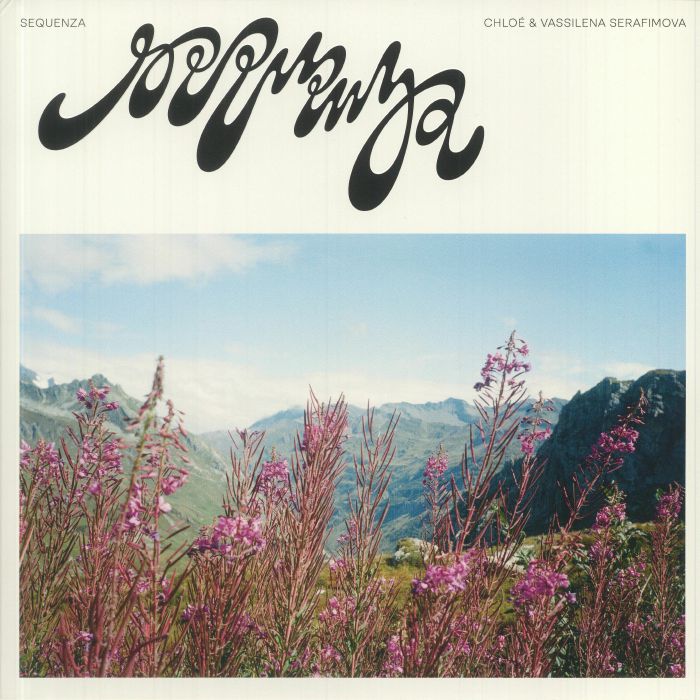
Chloe – Sequenza (Lumiere Noire)
From Mkwaju Ensemble to Stella Chiweshe to Bonobo, new music fans are obsessed with malleted instruments like gamelan and marimba, and hope to hear it peppered into their music like a sonic spice. Sparkly music producer Chloe and Bulgarian percussionist Vassilena Serfimova are evidently eager to contribute to this new vogue; their new album ‘Sequenza’ seems to endlessly marvel at the subtle variations heard in the marimba, and its subsequent impact on electroacoustic music.
With this collab coming from Paris – centring on the label and night Lumière Noire and the photographic collective Sourdoreille – ‘Sequenza’ covers endless ground, evoking the joy of both social and sonic fusion. Self-describedly “facilitating a dialogue between the marimba’s suave tones and the effervescence of machines”, this blending of electronic and art music hears back like a sort of ritual dance. Our choice tune ‘Dve Hubavi Otchi’ seems as much, as its Bulgarian spoken word introduction echoes around our ears like spirits rising from an enchanted flame. The track commits to a blooming, tenor marimba sound-plane. Later tracks (‘Balani’ gorgeously morphs from freeform to beat-driven) are equally mysterious, but never too negative or minor-key. It seems almost sacreligious to eke out sad sound from the marimba.
JIJ
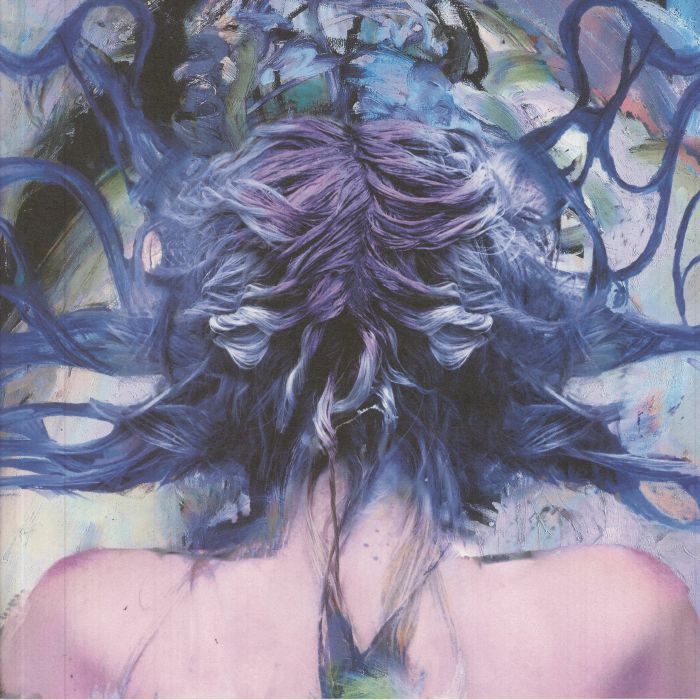
Lyra Pramuk – Delta (Bedroom Community)
Best thought of as “future folk music”, it’s testament to the quality of Lyra Pramuk’s practise that she should not only be a trained choir singer from small-town Pennsylvania, but also a code contributor to the endlessly complex API for Ableton Live, software which she describes as a “living collaborator”.
It’s this marrying of electronic and traditional art forms that best characterises Pramuk’s self-given genre, “future folk”. Her new LP ‘Delta’ seems to work after this idea, repurposing the ‘traditional’ remix album (in reality, this is a trend of the last 30 years or so) into more a more folky, free-flowing interpretation of her last 2020 LP ‘Fountain’. Rather than enlisting remix help from remote artists and keeping them at arm’s length, Pramuk does the opposite, choosing instead to work with the artists on the remixes, as well as introducing new, entirely original offshoot collabs. We’re most excited by a choice duet between Pramuk and Hudson Mohwake on the ‘Tendril’ remix – said smashing of worlds has resulted in one of the first ever electro tunes made by the latter artist. Meanwhile, saturated speed garage comes via her original with Eris Drew, ‘Everything Is Beautiful And Alive’, while latter bits with harpist Naliah Hunter and ambient techno artist Tygapaw provide a satisfying, choral coda.
JIJ
This week’s reviewers: Jude Iago James, Zach Buggy, Oli Warwick, Patricio Cavaliere.